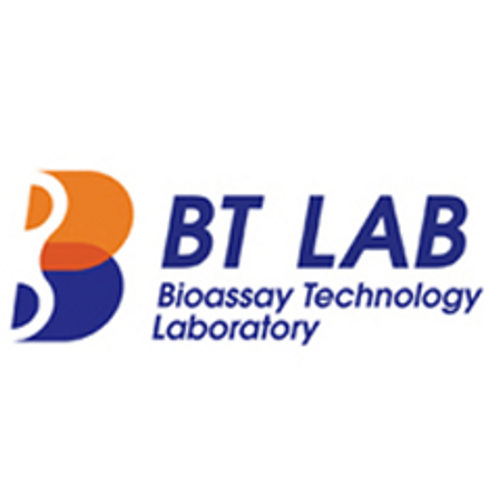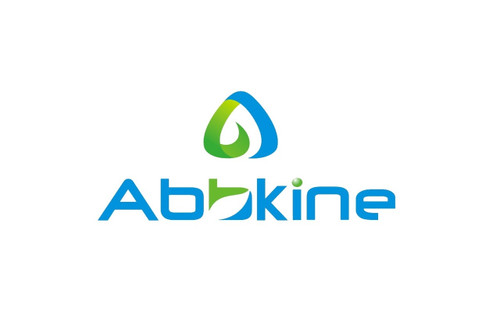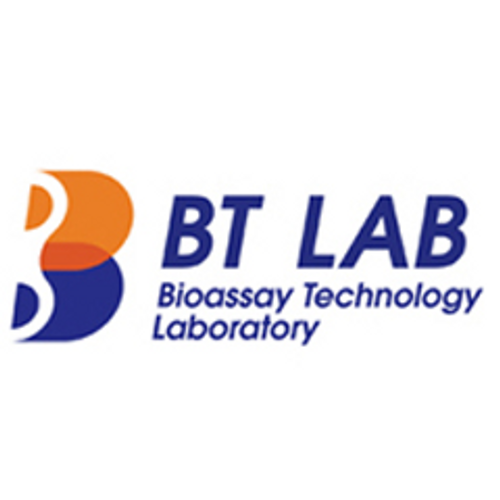Product Description
Human Inhibin (INH-A) ELISA Kit | AE63181HU | Abebio
Species Reactivity: Human (Homo sapiens)
Abbreviation: INHA
Alternative Name: A-inhibin subunit|inhibin alpha subunit
Application: ELISA
Range: 15.6-1000 pg/mL
Sensitivity: 5.5 pg/mL
Intra-Assay: ≤3.8%
Inter-Assay: ≤7.5%
Recovery: 0, 9
Sample Type: Serum, Plasma, Other biological fluids
Detection Method: Sandwich
Analysis Method : Quantitive
Test Principale: This assay employs a two-site sandwich ELISA to quantitate INHA in samples. An antibody specific for INHA has been pre-coated onto a microplate. Standards and samples are pipetted into the wells and anyINHA present is bound by the immobilized antibody. After removing any unbound substances, a biotin-conjugated antibody specific for INHA is added to the wells. After washing, Streptavidin conjugated Horseradish Peroxidase (HRP) is added to the wells. Following a wash to remove any unbound avidin-enzyme reagent, a substrate solution is added to the wells and color develops in proportion to the amount of INHA bound in the initial step. The color development is stopped and the intensity of the color is measured.
Product Overview: Inhibin A is a dimer of alpha and beta A subunits, inhibin B is a dimer of alpha and beta B subunits. Inhibin belongs to the transforming growth factor-β superfamily.In women, FSH stimulates the secretion of inhibin from the granulosa cells of the ovarian follicles in ovary. In turn, inhibin suppresses FSH.Inhibin secretion is diminished by GnRH, and enhanced by insulin-like growth factor-1.Inhibin A reaches its peak in the mid-luteal phase.Inhibin-A is elevated in the blood serum of women carrying fetuses with Down syndrome.Inhibin is produced in the gonads, ituitary gland, placenta and other organs.In men, it is a hormone that inhibits FSH production.The inhibin alpha subunit joins either the beta A or beta B subunit to form a pituitary FSH secretion inhibitor.
Stability: The stability of ELISA kit is determined by the loss rate of activity. The loss rate of this kit is less than 5% within the expiration date under appropriate storage condition. The loss rate was determined by accelerated thermal degradation test. Keep the kit at 37°C for 4 and 7 days, and compare O.D.values of the kit kept at 37°C with that of at recommended temperature. (referring from China Biological Products Standard, which was calculated by the Arrhenius equation. For ELISA kit, 4 days storage at 37°C can be considered as 6 months at 2 - 8°C, which means 7 days at 37°C equaling 12 months at 2 - 8°C) .
 Euro
Euro
 USD
USD
 British Pound
British Pound
 NULL
NULL












